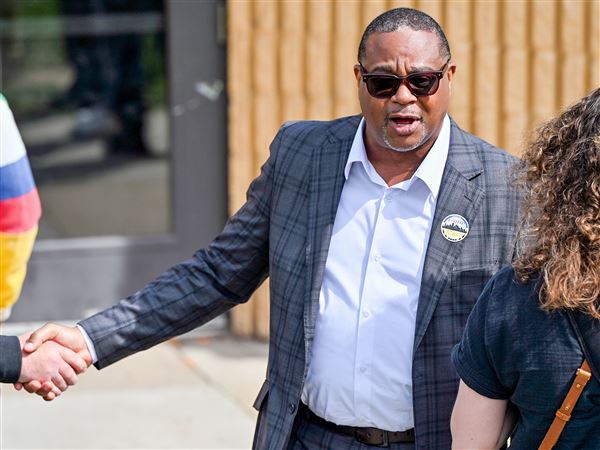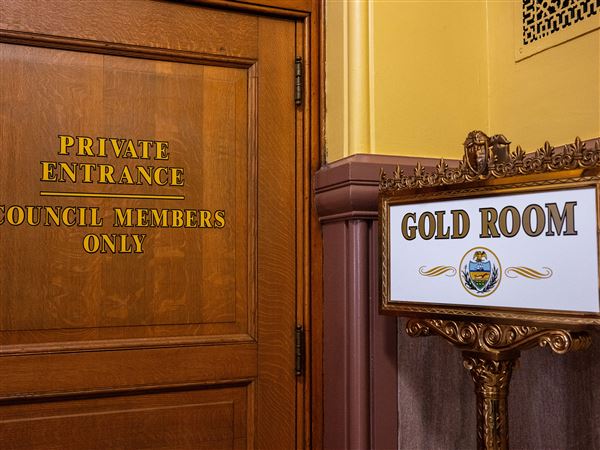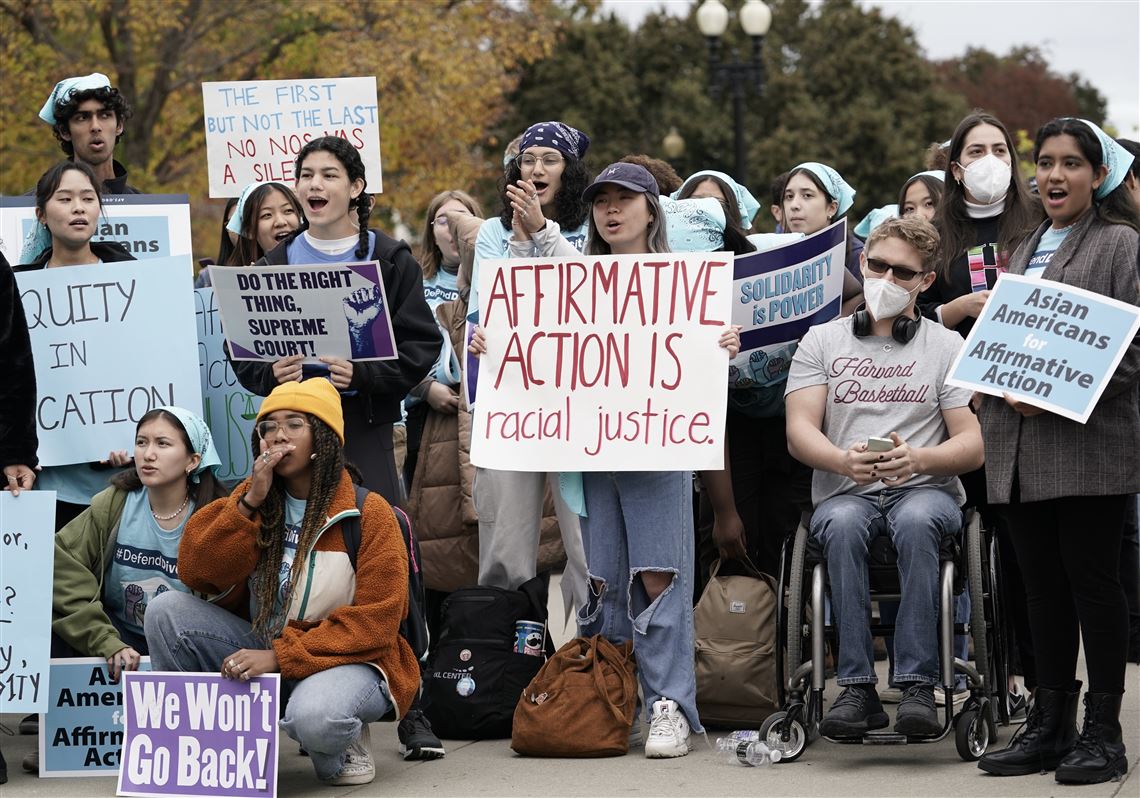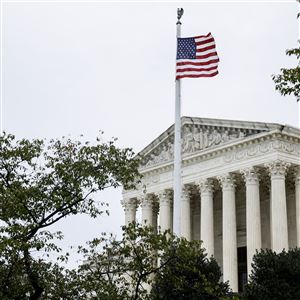No one particularly likes affirmative action. Why would we? It is an imperfect remedy designed to redress a shameful history — an ongoing history — of racism and exclusion.
It requires that people be judged, and in some cases denied opportunity, based on the color of their skin. It's built on the premise that society cannot always be colorblind, which goes against everything we have been taught to believe and would like to believe about ourselves.
That's one reason so many people prefer to view affirmative action as merely a temporary fix that will one day no longer be needed. President Clinton said in 1995: "Affirmative action should not go on forever. … It should be retired when its job is done."
That argument — that affirmative action is constitutional but should be "limited in time" — was made most famously by Supreme Court Justice Sandra Day O'Connor in the 2003 case of Grutter v. Bollinger. "The court expects that 25 years from now the use of racial preferences will no longer be necessary," she wrote for the majority.
With 2028 approaching, the Supreme Court is about to hand down a decision in two explosive affirmative action cases, one involving Harvard University and the other the University of North Carolina. Many experts believe the current right-wing court is on the verge of overturning decades of precedent by prohibiting the consideration of race as a factor in college and university admissions.
A decision declaring affirmative action unconstitutional would apparently be fine with most Americans. A Reuters/Ipsos poll in February found that 62% do not believe race or ethnicity should be considered in college admissions.
But they're wrong. Affirmative action is both morally justified and badly needed. Banning it would be an enormous mistake.
Today, the wrongs of American racism are still being undone, and affirmative action remains a critical tool in the process. Even though the Supreme Court has ruled that affirmative action is legally justified only by its role in fostering "diverse" student bodies, I believe its chief benefit is as a remedy for the harmful effects of past discrimination.
College, the great gateway to the middle class, was for most of U.S. history limited to white students. It wasn't until the early 1960s, during the Kennedy administration, that the integration of college campuses began in earnest, and that taking "affirmative actions" to undo racism became part of the lexicon.
Today, however, despite significant gains, students of color remain unconscionably disadvantaged. A 2022 McKinsey study, among others, showed that Black and Latino people, Native Americans and Pacific Islanders are still underrepresented among college undergraduates, faculty and administrators.
Today, white college applicants are still more likely than nonwhites to have attended higher performing, better funded schools. Their families are more likely to have benefited from wealth accumulation. They're more likely to qualify for legacy preferences.
African Americans are more likely to live in disadvantaged neighborhoods and attend under-resourced high schools. Former Columbia University president Lee Bollinger and University of Chicago law professor Geoffrey Stone have written that predominantly nonwhite school districts are less likely to offer access to college-prep-level math and science courses. Unsurprisingly, Black students still trail white students in general educational attainment.
The Economic Policy Institute notes that Black Americans are just over half as likely as white Americans to have a college degree. Yet college degrees are key drivers of social mobility, helping those who need it find a path out of poverty.
Campus diversity, meanwhile, benefits everybody, white students included. Studies show that diversity helps fight racial bias and prejudice. It helps wash away stereotypes.
Sure, affirmative action should be temporary. I look forward to that glorious and hopefully not mythical day when the United States no longer struggles with the aftereffects of slavery, segregation and bigotry and the continued effects of institutionalized discrimination.
But we'd be foolish to set a deadline for that.
In the meantime, the Supreme Court will do what it will do. If affirmative action is prohibited entirely, it could lead to a precipitous decline in nonwhite admissions.
California banned affirmative action in admissions to the University of California and other state institutions when it passed Proposition 209 in 1996, and the number of nonwhite students promptly plummeted. Despite more than 25 years of outreach programs to low-income students, and despite re-crafted race-neutral admissions policies, UC still "struggles to enroll a student body that is sufficiently racially diverse to attain the educational benefits of diversity," wrote UC president Michael Drake and all 10 campus chancellors in an amicus brief in the current case.
It's possible the court could take a less radical approach than that, with a narrow ruling tied closely to Harvard and UNC, rather than one prohibiting the consideration of race in admissions at schools all around the country.
The justices may nod to race-neutral approaches to diversifying colleges and universities, such as giving admissions preference to applicants based on socioeconomic status, or eliminating legacy and donor admissions preferences. Some of these are valuable, promising ideas; others would be less effective.
All in all, though, the prospects for affirmative action are pretty grim. It would be a tragedy for a country as troubled as ours, still wrestling to move beyond our own ugly racial history, to take a giant step backward instead of forward.
Nicholas Goldberg is an associate editor and columnist for the Los Angeles Times. His previous article was “Kids don't know history.”
First Published: June 5, 2023, 9:30 a.m.

















